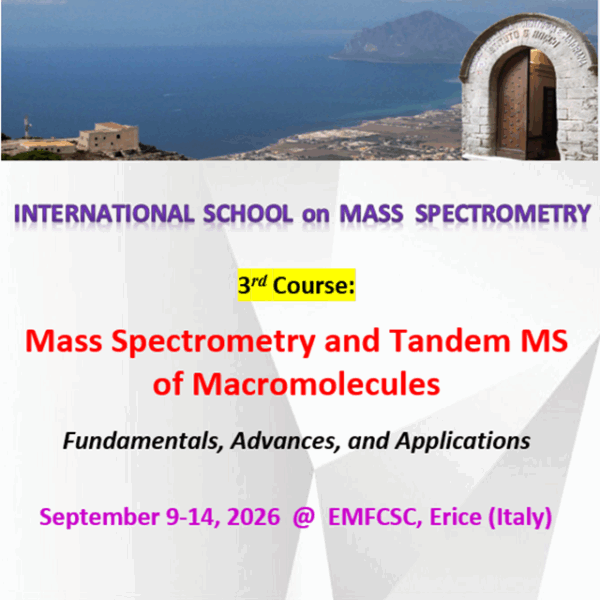
Erice, Italy
Mass Spectrometry (MS) and Tandem MS of Macromolecules
When:
09 September - 14 September 2026
Credits:
0 EC
Read more
Life Sciences
When:
10 June - 15 June 2019
School:
Summer School on Modern Methods in Biostatistics and Epidemiology
Institution:
Harvard University and Karolinska Institutet
City:
Country:
Language:
English
Credits:
0 EC
Fee:
1450 EUR

The course will address the principles, methods, and application of statistical methods to studying the survival of cancer patients using data collected by population-based cancer registries. We cover central concepts, such as how to estimate and model relative survival, as well as recent methodological developments including cure models, flexible parametric models, loss in expectation of life, and estimation in the presence of competing risks. Comparison of alternative methodological approaches (e.g., to estimating and modeling relative/net survival) will be a focus of the course and participants will get the opportunity to apply and contrast a range of methods to real data. A large amount of time will be devoted to exercise sessions where Drs Lambert and Dickman along with 3 other experienced faculty members will be available to work with participants individually or in small groups. The exercise sessions will also provide an opportunity for participants to discuss their own research projects with the faculty (and with each other). We encourage potential participants to read the detailed course description at http://cansurv.net/.
Paul Dickman (Karolinska Institutet) & Paul Lambert (University of Leicester and Karolinska Institutet)
Physicians, clinicians and public health professionals from public and private institutions who are looking for systematic training in the principles of epidemiology and biostatistics, or epidemiology applied to health care planning and evaluation. They will acquire familiarity with epidemiological and biostatistical principles and techniques and with the computational tools needed to solve practical problems.
Students in biostatistics and epidemiology, and researchers both from public and private institutions who wish to increase their familiarity with quantitative methods or to deepen their knowledge of a specific area of interest, so they can more effectively address problems in health research. They will gain knowledge in modern, advanced methods useful for health professionals engaged in clinical practice, research and teaching.
The course covers central concepts, such as how to estimate and model relative survival, cure models, flexible parametric models, loss in expectation of life, and estimation in the presence of competing risks.
Fee
1450 EUR, For University students: Registration before March 24th, 2019 €1,250. After March 24th, 2019 €1,450.
Fee
1650 EUR, General: Registration before March 24th, 2019 €1,450. After March 24th, 2019 €1,650.
When:
10 June - 15 June 2019
School:
Summer School on Modern Methods in Biostatistics and Epidemiology
Institution:
Harvard University and Karolinska Institutet
Language:
English
Credits:
0 EC

Erice, Italy
When:
09 September - 14 September 2026
Credits:
0 EC
Read more

Oxford, United Kingdom
When:
20 July - 07 August 2026
Credits:
7.5 EC
Read more

Bristol, United Kingdom
When:
05 July - 25 July 2026
Credits:
5 EC
Read more